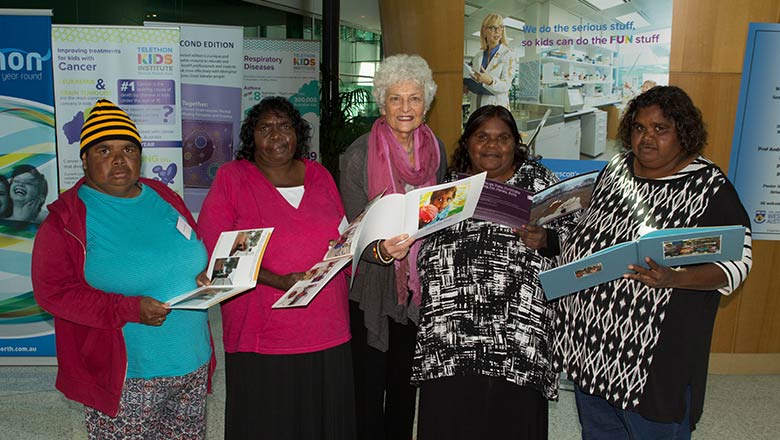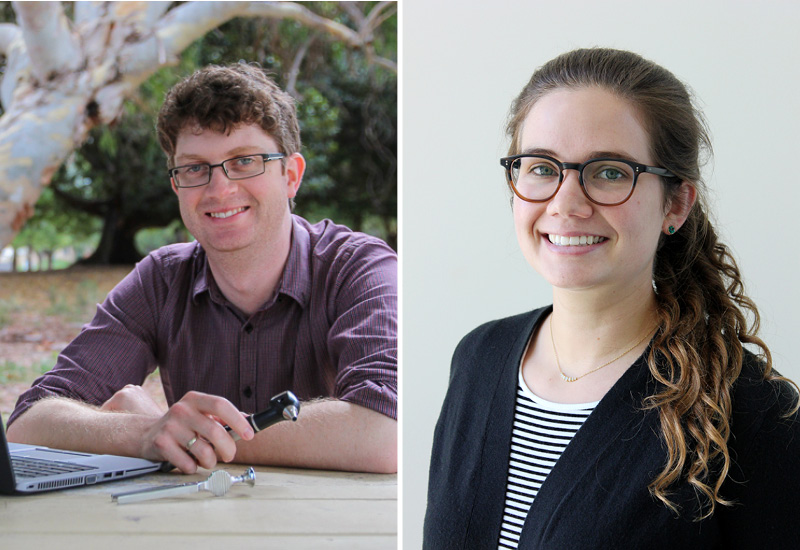Search
Showing results for "mental health aboriginal"
Research
The epidemiology of superficial Streptococcal A (impetigo and pharyngitis) infections in Australia: A systematic reviewStreptoccocal A (Strep A, GAS) infections in Australia are responsible for significant morbidity and mortality through both invasive (iGAS) and post-streptococcal (postGAS) diseases as well as preceding superficial (sGAS) skin and throat infection. The burden of iGAS and postGAS are addressed in some jurisdictions by mandatory notification systems; in contrast, the burden of preceding sGAS has no reporting structure, and is less well defined.
Research
Changing Prevalence of Lower Airway Infections in Young Children with Cystic FibrosisAspergillus species and P. aeruginosa are commonly present in the lower airways from infancy
Research
The potential of antisense oligonucleotide therapies for inherited childhood lung diseasesAntisense oligonucleotides are an emerging therapeutic option to treat diseases with known genetic origin. In the age of personalised medicines, antisense oligonucleotides can sometimes be designed to target and bypass or overcome a patient's genetic mutation, in particular those lesions that compromise normal pre-mRNA processing. Antisense oligonucleotides can alter gene expression through a variety of mechanisms as determined by the chemistry and antisense oligomer design.

News & Events
Wal-yan Centre welcomes Professor André Schultz as new HeadIn an exciting development for the Wal-yan Respiratory Research Centre, Professor André Schultz has been appointed as the Centre’s new Head, succeeding Professor Stephen Stick.
Research
“Coronavirus Changed the Rules on Everything”: Parent Perspectives on How the COVID‐19 Pandemic Influenced Family Routines, Relationships and Technology Use in Families with InfantsThis study explores how the first wave of the COVID‐19 pandemic influenced family routines, relationships and technology use (smartphones and tablet computers) among families with infants. Infancy is known to be an important period for attachment security and future child development, and a time of being susceptible to changes within and outside of the family unit.

News & Events
Sharing knowledge and language: Interview with an Aurora studentRead our Q+A with Aurora intern Mikayla Helms.

News & Events
Boosting literacy in Aboriginal kidsAn NHMRC grant to develop a program to improve school outcomes in the Ngaanyatjarra lands has helped create books reflecting Aboriginal experiences.

News & Events
The Kids researchers named as finalists in 2020 Premier’s Science AwardsTwo The Kids Research Institute Australia researchers have been named as finalists in the 2020 Western Australian Premier’s Science Awards.
Research
ORIGINS community wellbeing during the COVID-19 pandemicDesiree Dr Jackie Lisa Susan Silva Davis Gibson Prescott MBBS, FRACP, MPH, PhD BSc (Hons), PGradDipHlthProm, PhD BA (Hons), MPsych, PhD MBBS BMedSci
Research
Psychometric Properties of the EQ-5D-Y-5L for Children With Intellectual DisabilityThe EQ-5D-Y-5L is a generic preference-based measure of health-related quality of life for children. This study aimed to describe the distributional properties, test-retest reliability, and convergent validity of the EQ-5D-Y-5L in children with intellectual disability (ID).
